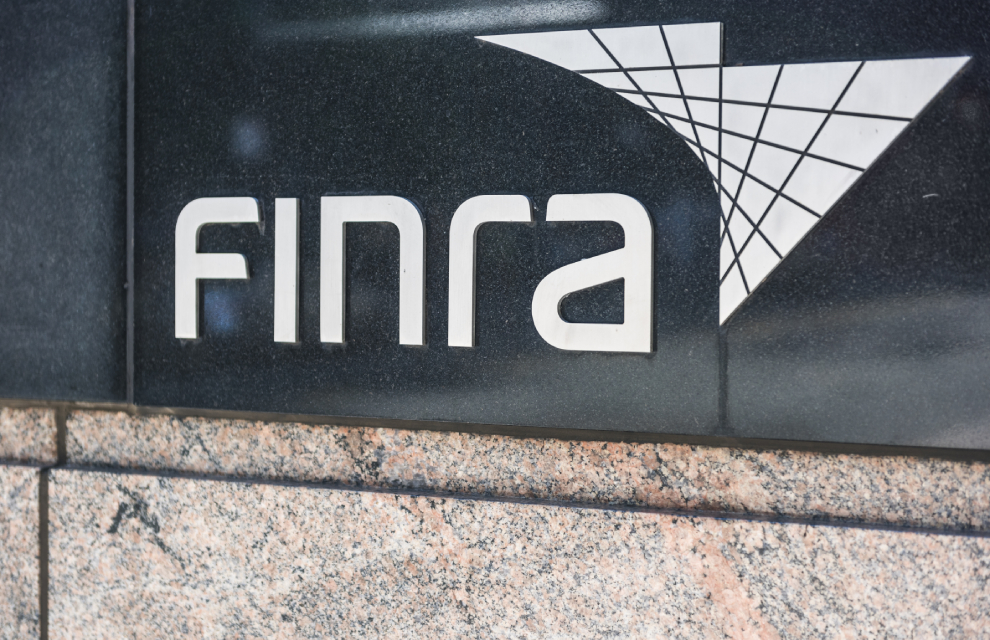The Financial Industry Regulatory Authority (FINRA), which handles licensing and regulation of broker-dealers in the US market, has launched a public consultation on proposed amendments to its short sales reporting requirements.
The non-governmental authority gathers information from trading firms on their short selling activity to support its oversight of Regulation SHO, and other rules applicable to short selling, and to provide information on short sales and position data to market participants.
For OTC equities transactions, FINRA publishes aggregated short interest data (aggregated across firms) per security on its website, along with additional analytical data relating to short sale activity in this stock (for example, days to cover).
For exchange-listed securities, the authority gathers and collates short sale data and passes this to the relevant trading exchange for publication.
Under its proposed changes, FINRA is considering consolidating publication of short interest data for both listed and unlisted securities, making short interest data available free of charge on its website. This will therefore mark a change from the current reporting framework, where exchanges manage publication of short sales data for their own listed securities.
It is also considering changes to the data fields firms are required to report. Most notably, this may require firms to segregate reporting of short sales activity through customer accounts and short sales conducted on proprietary accounts.
Under FINRA’s proposed amendments, firms may be required to report their synthetic short positions. The industry watchdog believes this will provide a clearer picture of the full extent of market participants’ short selling activity, including what it calls “less traditional means of establishing short interest”.
More broadly, the authority is reviewing whether to include information on total shares outstanding and public float, when available, in its short interest data. It may also add an additional data field indicating whether a security is a ‘threshold security’ on the reporting settlement date.
A threshold security is an equity security that has an aggregated fail-to-deliver status for five successive settlement days at a registered clearing agency (e.g. NSCC), totalling 10,000 shares or greater and equivalent to at least 0.5 per cent of total issued shares.
In its call for comments, FINRA has requested feedback from the industry regarding whether additional data collected by the reporting process should be disseminated publicly or, alternatively, this should only be used for regulatory purposes.
Firms may be asked to provide greater transparency around their trading activities by sharing information on short interest positions, for example. However, FINRA specifies that this will only be used for regulatory purposes, providing the financial authorities with early and detailed information on individuals or entities that have accumulated large short interest positions.
Under the current reporting regime, reporting firms must submit their short interest reports twice per month, to arrive by 18:00 ET on the second business day after the specified reporting date. However, FINRA is reviewing the practicality and merits of moving to daily or weekly submissions, as well as reducing the length of the reporting deadline.
On the subject of ‘fail-to-deliver’ positions, Regulation SHO allows a clearing agency to allocate a share of its fail-to-deliver position under Rule 204 to another broker-dealer. In its current proposals, FINRA is considering adoption of a new rule requiring members to report this allocation activity, for fail-to-deliver securities, on a daily basis.
FINRA proposes that this additional information will enable it to identify the clearing member that is responsible for a close-out, allowing a more efficient investigation into the status of close-out obligations. However, this information will be used for regulatory purposes only and will not be disclosed publicly.
In the final details of the proposal, FINRA requests feedback from industry firms regarding whether it should create a reporting framework for stock lending activity — for example, member firms that engage in stock lending trades may be required to report the terms of the loan transaction to FINRA (e.g. rebate rate, loan amount, information on counterparties).
“After experience is gained with the reporting regime and resulting data, FINRA could consider the appropriateness of a phased approach to providing public transparency into stock loan rebate rates and other negotiated terms,” it says.
Respondents are asked to send their comments on these proposals to FINRA by 4 August 2021.
 Image: stock.adobe.com/Andriy_Blokhin
Image: stock.adobe.com/Andriy_Blokhin 